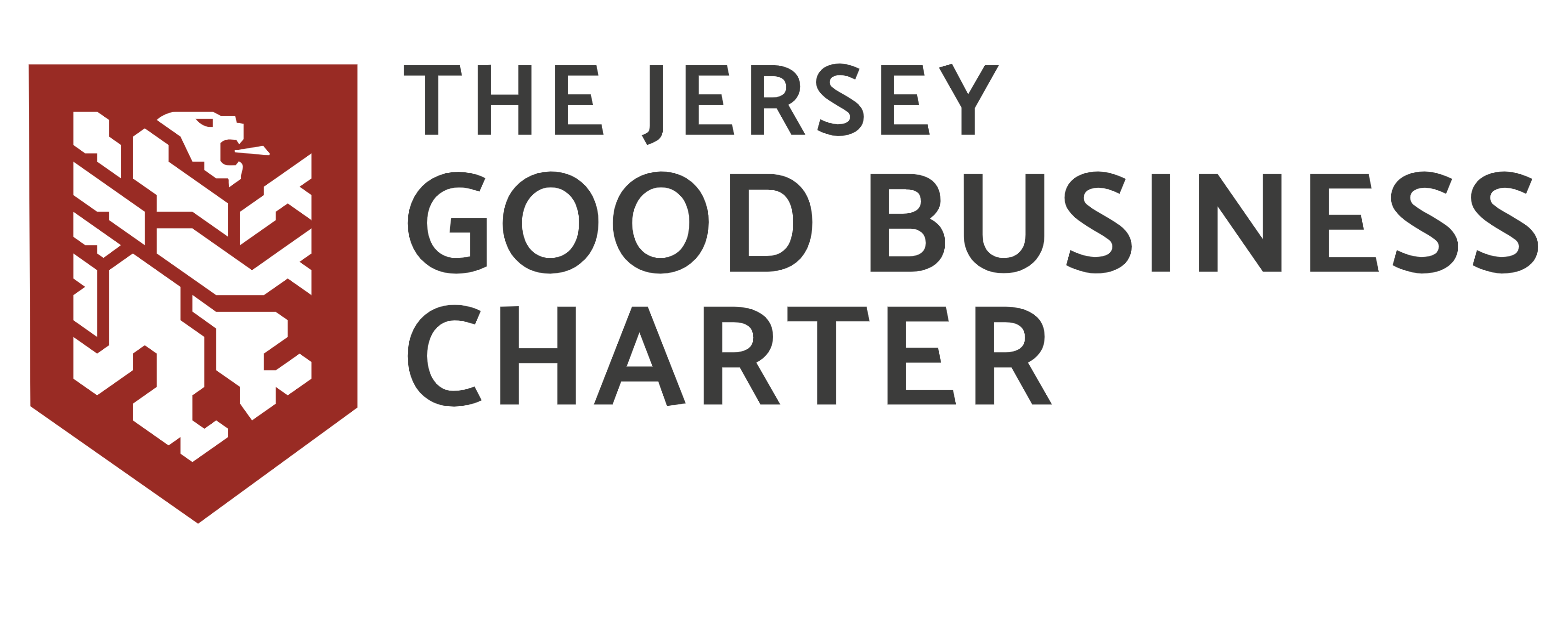When everyone agrees, innovation dies. How can businesses avoid the trap of groupthink and embrace dissenting voices for growth?
In business, there’s a fine line between cohesion and groupthink. Margaret Heffernan’s concept of “willful blindness” highlights how dangerous it can be when boards or leadership teams become insulated from diverse opinions. Feedback, particularly when it challenges assumptions, is crucial for innovation and risk management. Boards, in particular, face this risk, often becoming detached from the day-to-day realities of the products, services, or customers they serve. This isolation can result in miscommunication and critical blind spots that undermine an organization’s success.
Why Feedback and Diversity of Thought Are Essential
1. Stimulating Innovation: Challenges and constraints often spark new ideas. Diverse opinions encourage businesses to re-examine assumptions and explore opportunities they may otherwise overlook.
2. Avoiding Willful Blindness: As Heffernan warns, “willful blindness” occurs when leadership chooses to ignore risks or failings. Encouraging dissent and outside perspectives can help prevent scandals and missteps, as seen in the Post Office inquiry and other high-profile failures.
3. Board Involvement with Customers: For many boards, limited interaction with customers leads to detachment. Regular engagement with stakeholders, customer feedback, and frontline experiences ensures that boards remain grounded in the reality of the business they govern.
The Role of the Good Business Charter
The Good Business Charter advocates for transparency, accountability, and open dialogue with stakeholders. Ethical businesses value feedback, not just from internal teams but from customers, suppliers, and other external voices. Ensuring that leadership remains connected to both successes and challenges creates a culture of continuous improvement.
Conclusion
To foster innovation and prevent dangerous blind spots, businesses must embrace differing perspectives and feedback. Boards and leadership teams that engage meaningfully with stakeholders, listen to dissent, and challenge assumptions will avoid the trap of groupthink and drive meaningful change. Aligning with the Good Business Charter’s commitment to transparency and accountability ensures long-term success.
#Innovation #GoodBusinessCharter #Leadership #Transparency #JerseyBusiness #Accountability #Groupthink
